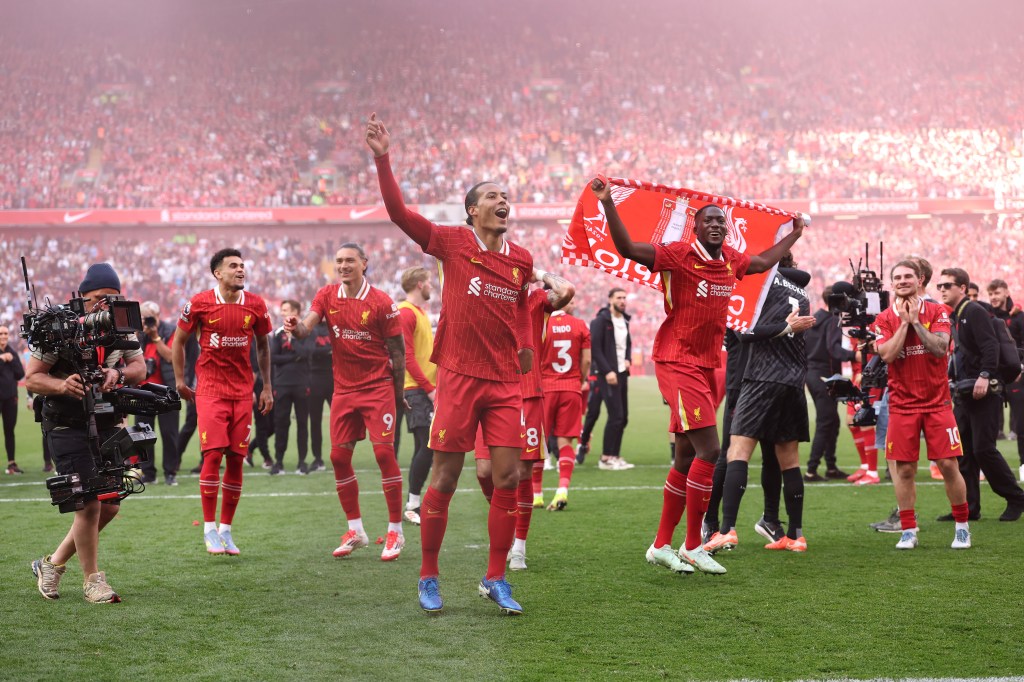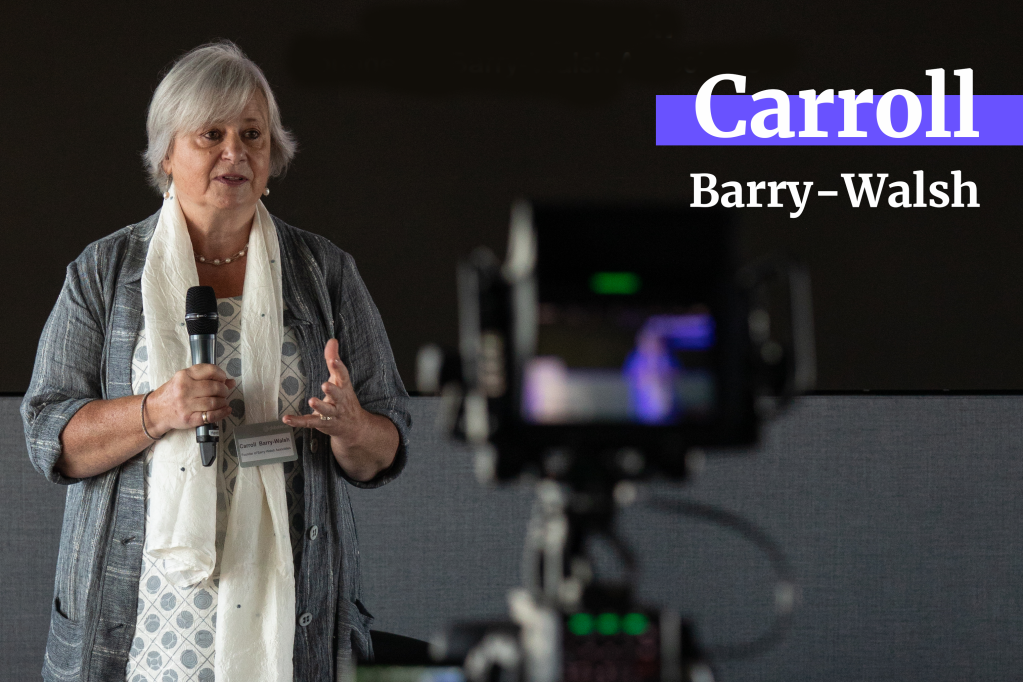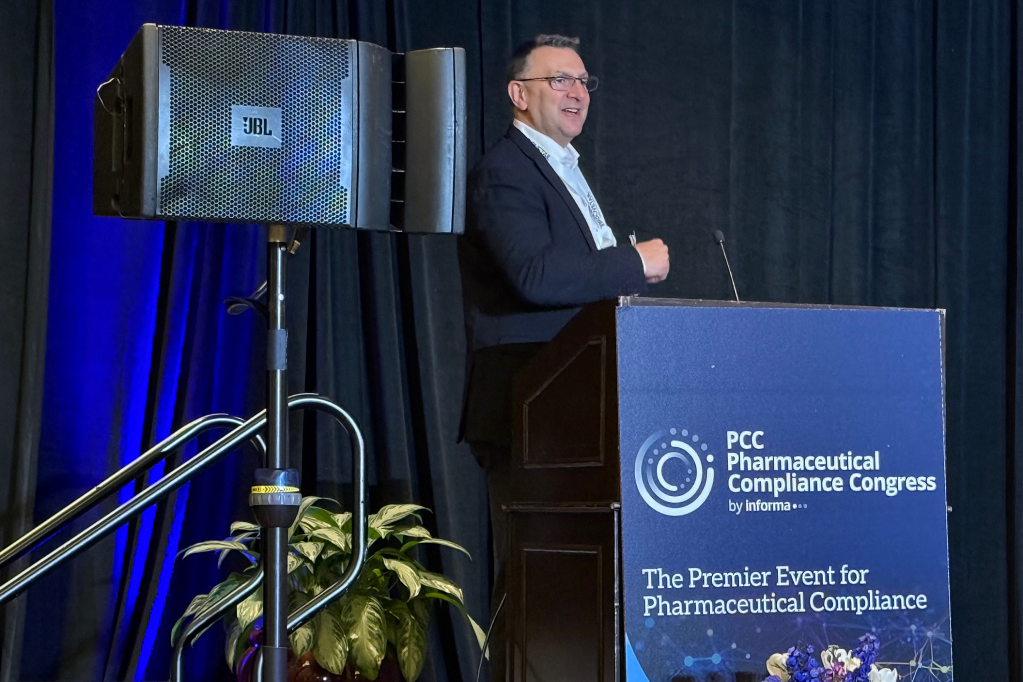Media executive David Kogan is the UK government’s preferred choice to chair the new Independent Football Regulator. He will now appear before MPs on the Culture, Media and Sport Select Committee for pre-appointment scrutiny.
The news came before MPs voted by 342 votes to 70 to approve the second reading of the Football Governance Bill late Monday after some testy exchanges in the Commons.
Kogan began his career as a journalist, before setting up media consultancy Reel Enterprises, which he sold to the Wasserman sports marketing and talent agency in 2011. He has also been MD of Reuters television, a director of the Channel 4 domestic TV channel, executive director of the Magnum photographic agency, and holds an OBE.
During his media career, Kogan – a supporter of English Premier League club Tottenham Hotspur – has advised the English Premier League and English Football League on TV rights deals, and provided advice on the same subject to European governing body UEFA, the Scottish Premier League and the English Women’s Super League.
It’s now seen as a formality that Kogan takes up the £130,000 ($173,000)-a-year post when the Football Governance Bill becomes law later this year.
Financial expertise
The appointment has prompted comment about Kogan’s relationship with the Premier League, and with the UK’s governing Labour Party, which he has donated funds to and written two well-regarded histories of. But it is Kogan’s deep involvement with the game’s finances, particularly in the vital and lucrative area of media rights, that seems to have swung the government’s weight behind his appointment.
The regulator’s main job will be to ensure the financial sustainability of clubs in English soccer’s top five tiers, so the successful candidate needed to be someone who understood the finances, and who would be able to go toe-to-toe with the game’s financial powers when necessary. Kogan has that financial background and heft.
During debate on the Bill in the House of Lords late last year, former Football Association chairman and Labour Party grandee Lord David Triesman said: “Whoever the regulator is will need to understand finance. You can tinker all you like with the legislation but it will not alter some of the fundamentals about where the money flows are,” adding that “there are probably no more than 10” people in the country who understood them.
Given that he also referenced Kogan’s company Reel Enterprises in the same speech it would appear the appointment has been under consideration for some time. Kogan has been on the inside, but also has a reputation for being nobody’s fool. And he has not been slow to criticize what he sees as wrong turns in the game.

Interviewed in 2021 about changes to European Champions League competition rules, he said the top clubs had “basically rigged it so that clubs lower down the pyramid will probably end up getting far less television money over the course of the next five years.” And he described the failed and highly controversial attempt by the top clubs to break away and form a European Super League as “a politically extremely stupid thing to take place.”
There are already attempts to portray the appointment as political cronyism, and Kogan as being too close to the Premier League. But it is naïve to think that whoever got the role would have no political connections and no relationships with those at the top of the game. Indeed, both could be considered necessary requirements of the job.
What will be interesting is how Kogan deals with the other part of the regulator’s work, which is to ensure communication and consultation with supporters is genuine and effective. The fact that Kogan is a confirmed fan as well as a football industry insider suggests he will at least appreciate the fan perspective.
Football Governance Bill
Meanwhile, the Bill cleared the second reading stage in the House of Commons on Monday night and the official record of the debate is now available online. The opposition Conservative Party tabled a motion moving to decline giving the Bill a second reading, which was lost by 337 votes to 74. The motion argued that the bill would “damage the independence of English football … increase the regulatory burden” and lead to “an increase in ticket prices for fans.”
Shadow Culture Secretary Stuart Andrew said assurances received from UEFA that it did not view the regulator as government interference in sport had been given “before the Government sought to install a Labour crony at the helm of the football regulator.”
Culture Secretary Lisa Nandy responded that: “Not only has David Kogan negotiated billions of pounds worth of broadcasting rights and advised the Premier League, the EFL, UEFA, the NFL and Scottish Premier League amongst others, but also he was on the list I inherited from the previous government, who had head hunted him directly to ask him to apply for the job.”
Andrew, who served as Minister for Sport in the previous Conservative government when it introduced the Bill following a review chaired by Conservative MP Tracey Crouch, told Parliament last year: “I genuinely think that this is an excellent Bill: as it is considered, and will achieve the objectives we want … I hope that whoever wins the election on July 4 will see this as a good Bill to crack on with, because it is important for the future of football.”
He says now that the Bill has “fundamentally altered,” but did not provide responses when asked to provide specific examples, aside from the assertion that Kogan’s appointment represented government interference. Summing up, Stephanie Peacock, the Parliamentary Undersecretary of State for Culture, Media and Sport, said: “UEFA has confirmed in writing to the Secretary of State, and the FA confirmed directly to Members of the other place [the House of Lords], that the Bill as drafted does not breach UEFA statutes.”
The Bill currently progressing though the House is substantially the one presented by the previous Government, with some additions strengthening fan engagement, confirming that parachute payments are within scope of the regulator’s financial considerations, and eliminating a clause that required the regulator to give due regard to UK foreign policy objectives. We took a look at those changes in October last year.
The Bill now advances to the next stage of the Parliamentary process and looks set to be in place before the start of the 2025/26 season in August.
• Full disclosure – author Martin Cloake has worked with the Football Supporters’ Association on the proposed legislation. Opinions expressed are his own.















